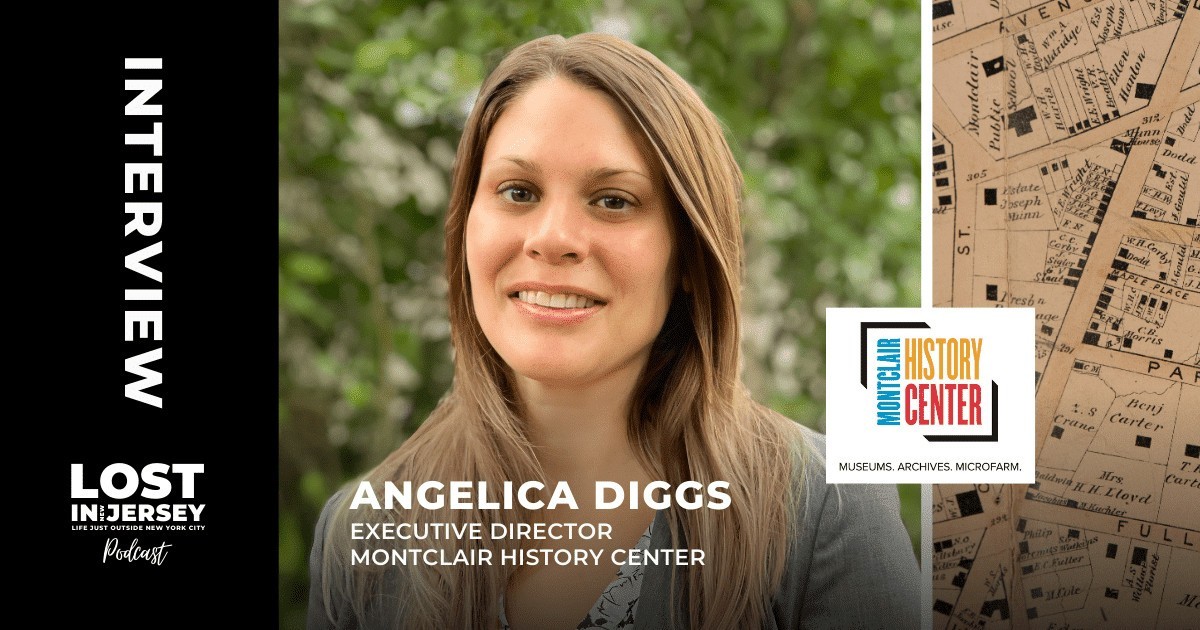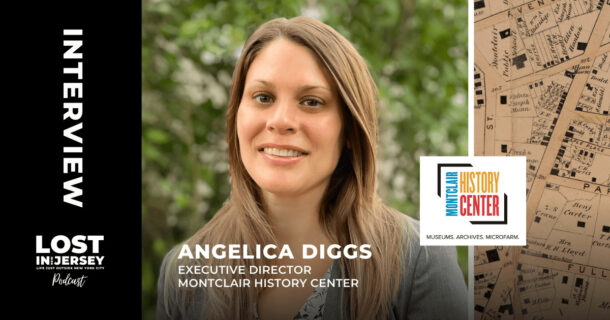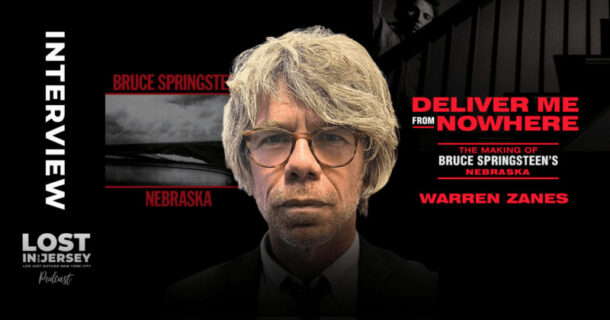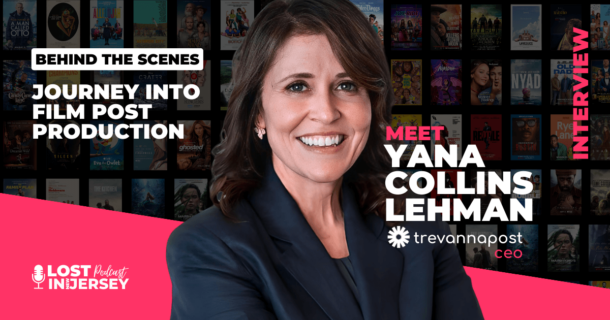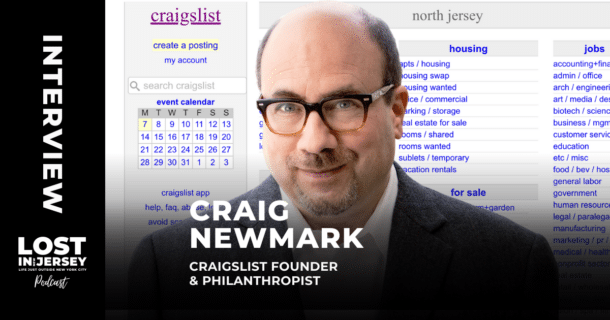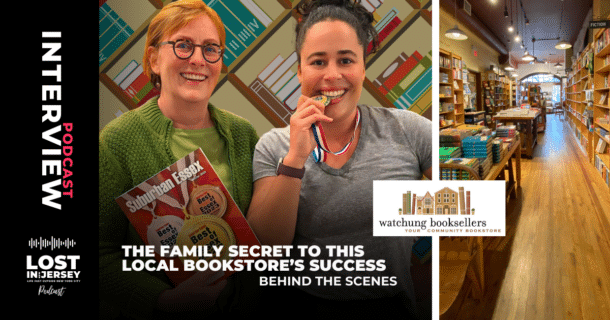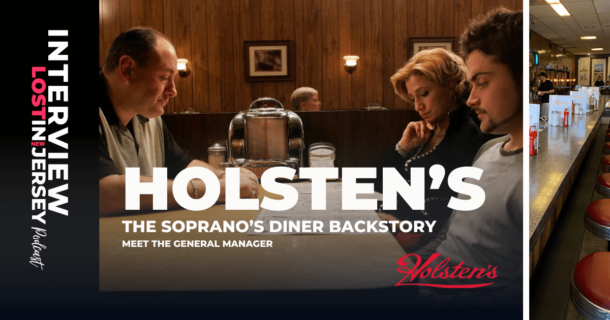Montclair History Center, Executive Director
Get ready to be schooled as we embark on a journey through the vibrant past of our beloved town, Montclair! In this episode, we talk with the very smart Angelica Diggs, a historian and executive director of the Montclair History Center. She shares some secrets behind Montclair’s intriguing past, from its humble beginnings to the captivating history of Church Street and even the spine-tingling cemetery.
<
TOPICS:
- Walking tours in Montclair.
- Church Street’s creepy past.
- What’s up with Rachel’s house history!
- Upper and Lower Montclair, why?
- The name Montclair.
- Prohibition and liquor licenses.
- Olmsted of Central Park and parks in Montclair
- Montclair’s history and diversity.
- Bias in historical documentation.
- Montclair hauntings and spooky stories.
LINKS:
- Montclair History Center
- Montclair History Center Youtube
- Library of Congress Publication on Montclair, Janette read and now thinks she is smart.
PHOTOS:
- 1863 – Crane House
- 1865 – Crane properties map
- 1890 – Crane Hardware
- 1911 – Lackawanna Plaza
- 1900s – Bloomfield Avenue
EPISODE SYNOPSYS (AI-Generated)
The episode features an interview with Angelica Diggs, the executive director at the Montclair History Center. Angelica provides an overview of the center, describing it as a museum, archives, and micro-farm located on Orange Road. The center includes the Crane House and Historic YWCA Museum. Angelica has worked for the Montclair History Center for several years, with a brief period at another museum called the Museum of Early Trades and Crafts in Madison. She returned to the Montclair History Center when she heard that the director position was open. During the interview, Angelica shares insights into her work at the center, including conducting research on the background of houses in Montclair. She also encourages listeners to visit the center’s YouTube channel for additional content and information.
In the episode, Angelica discusses her role as the executive director of the Montclair History Center. She explains that her work involves conducting research on the background of houses and uncovering historical documents. This research delves into the history of the town, its architectural styles, and the development of Montclair over time.
Angelica emphasizes the importance of understanding the significance of historical sites and buildings. She notes that while people may have visited these places in their childhood, they often don’t fully grasp their historical value until they are older. By conducting research and sharing this information, Angelica aims to educate the community and raise awareness about the rich history of Montclair.
Furthermore, Angelica highlights the Montclair History Center’s efforts to make historical information more accessible to the public. They have online collections and resources available on their website, recognizing the value of virtual platforms in reaching a wider audience. Angelica also mentions the Montclair Public Library’s local history collection, which can be accessed and searched online from home.
Overall, Angelica’s work at the historical society involves conducting research, uncovering historical documents, and sharing this information through various platforms to educate and engage the community in Montclair’s history.
In the episode, the guest speaker from the history center emphasizes the importance of understanding the bias and lens through which historical information is written. They explain that bias exists in all history and it is crucial to consider the intended audience of the information. By understanding the intended audience, we can better comprehend the perspective and motivations behind the historical documentation.
She also highlights the role of historical organizations in helping people uncover and understand the bias in historical information. They mention that census records, wills, and other data can provide valuable insights, but it is essential to analyze them critically. By examining the bias and lens through which the information is presented, we can gain a more accurate understanding of the past.
One specific example mentioned in the episode is the redlining map. The guest speaker explains that while the map provides factual information about development, it also reveals how discrimination and segregation were legally enforced. Recognizing the historical context and biases embedded in such documents allows us to uncover important information about our society’s past and better understand why certain communities or towns developed the way they did.
Overall, the episode emphasizes the importance of critically analyzing historical information and considering the bias and lens through which it was written. By doing so, we can gain a deeper understanding of the past and challenge any preconceived notions or misconceptions that may arise from uncritical readings of historical documents.

